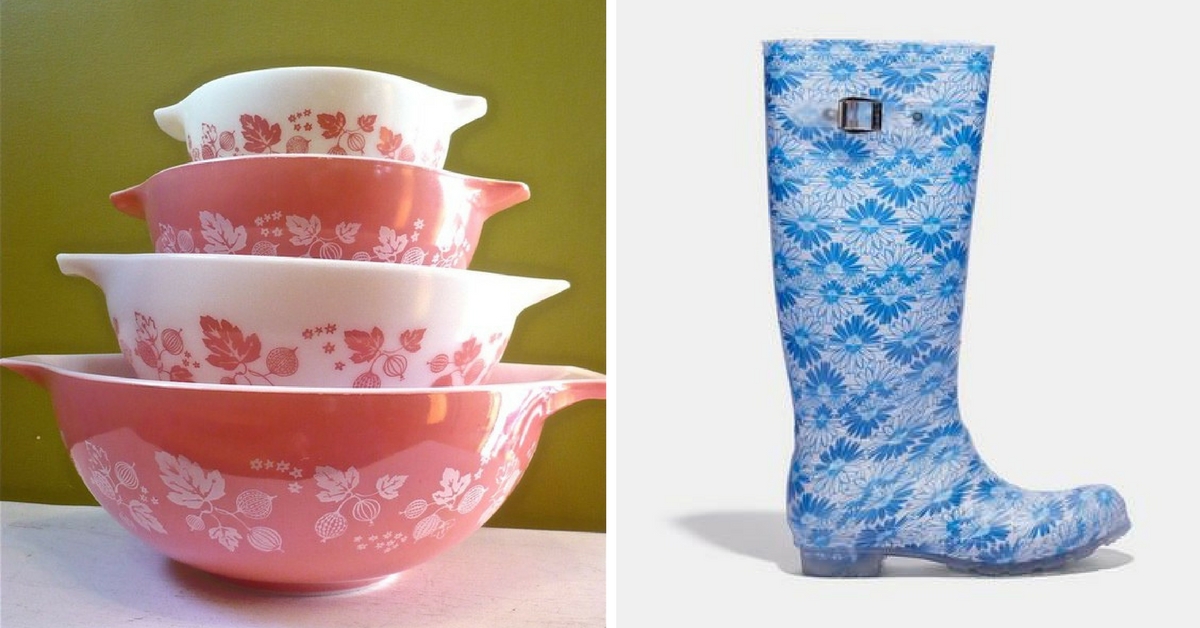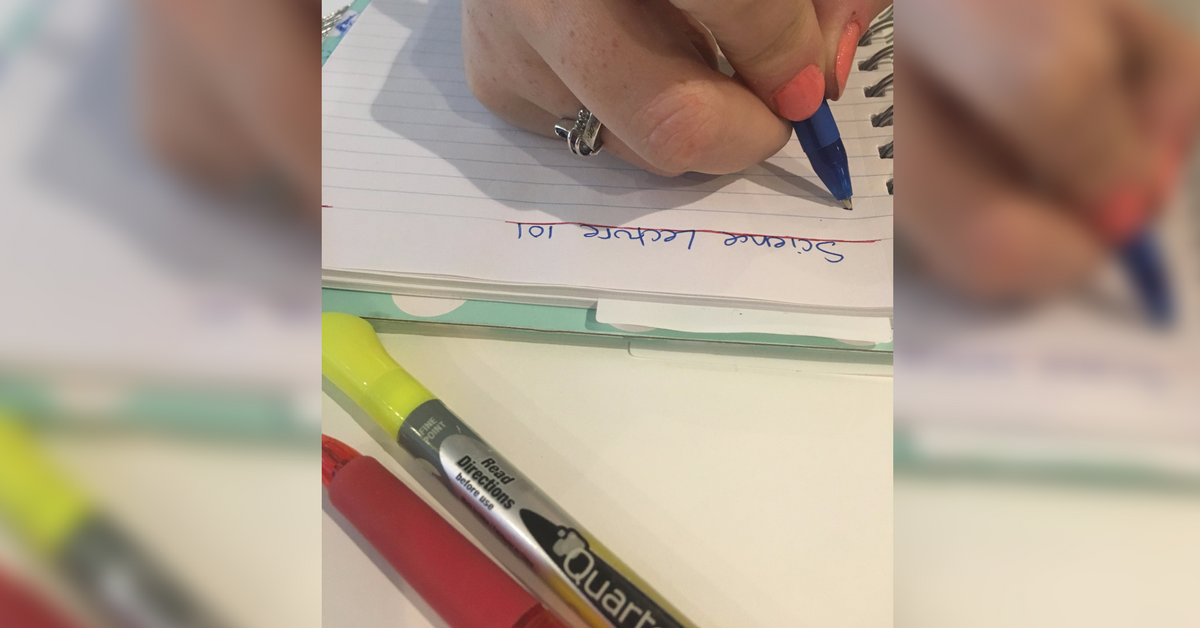Thrift stores can become goldmines if you know what to look for.
From designer clothing and rare collectibles, to one-of-a-kind vintage housewares, you never know what you'll find well below the retail prices. However, you should always think twice about your purchases before you check out.
While a lot of clothes, furniture and cookware can be cleaned or re-purposed, there are some items that are difficult to restore, and even worse, they could potentially compromise your safety or harm your health.
So next time you're at a secondhand store, here are 12 items you'll want to avoid:
1. Bedding
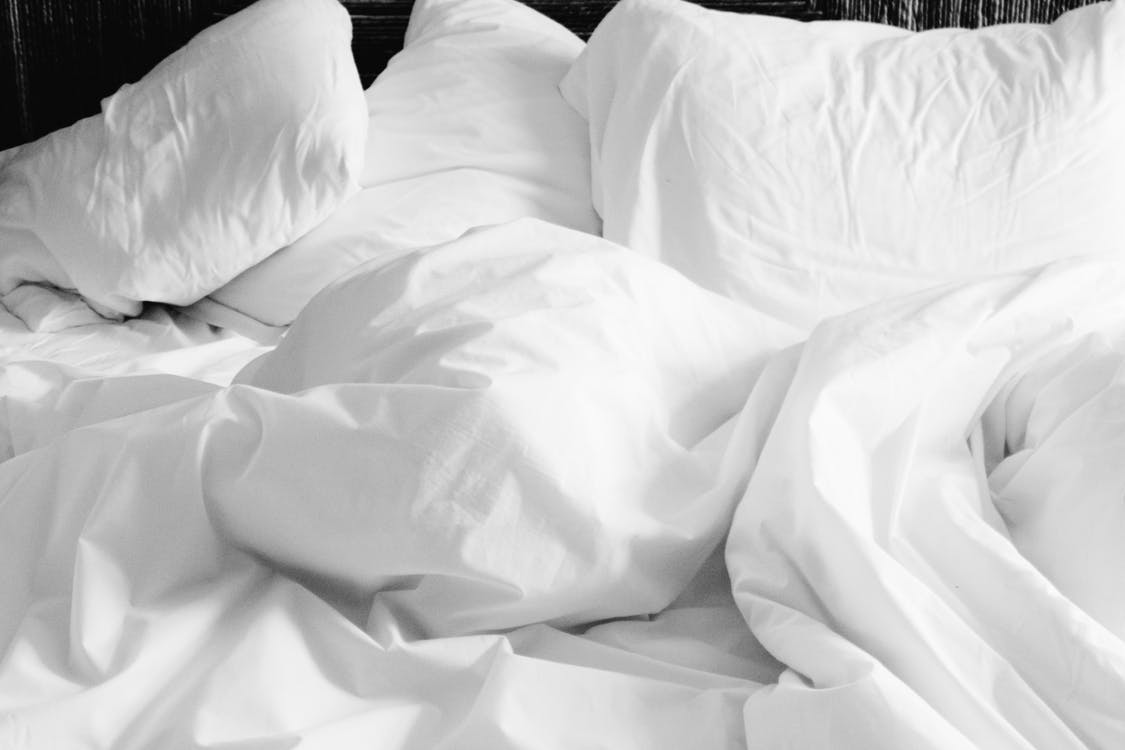
Buying used mattresses, linens, bed sheets, pillows, blankets, and towels, is usually frowned upon because they could be contaminated with bedbugs or other germs. These items can be difficult to sanitize, even if you do wash them in hot water. You're better off spending a little extra cash on brand new ones.
2. Cribs
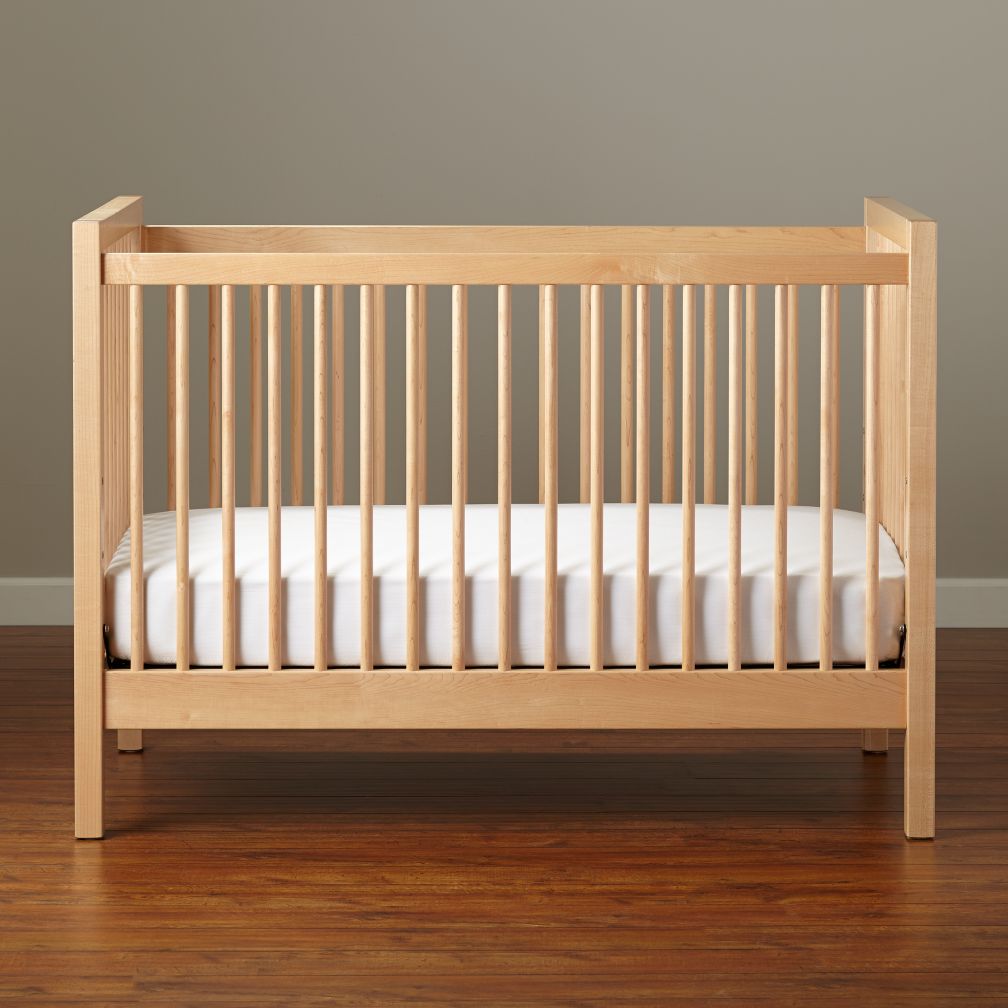
For the safety of your child, it is best to skip the thrift store when shopping for a crib. There are certain standards that crib manufacturers are supposed to meet, and since these are updated regularly, there's a chance that an older model may not check off all the safety requirements.
It's also important to note that over the years millions of cribs have been involved in recalls, and those that have not been returned or repaired could find their way into a thrift store.
3. Crystals
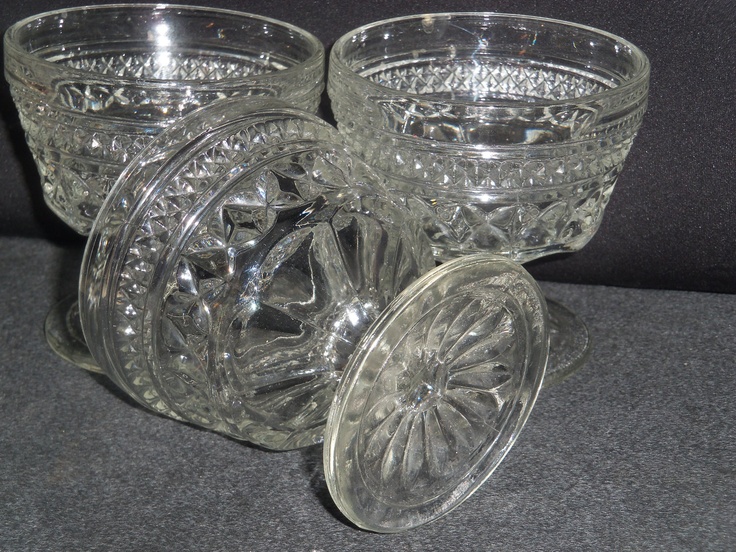
If you're an antique crystal collector, you should exercise caution before you buy your next batch. Old crystals tend to contain dangerous levels of lead, which could make you very sick if you use it to serve food or drinks. In fact, antique crystal vessels contain 32% or more lead oxide than newer ones reports The Washington Post.
If you do already have antique crystal items in your possession, use a lead test kit to determine if the levels are safe.
4. Carpets
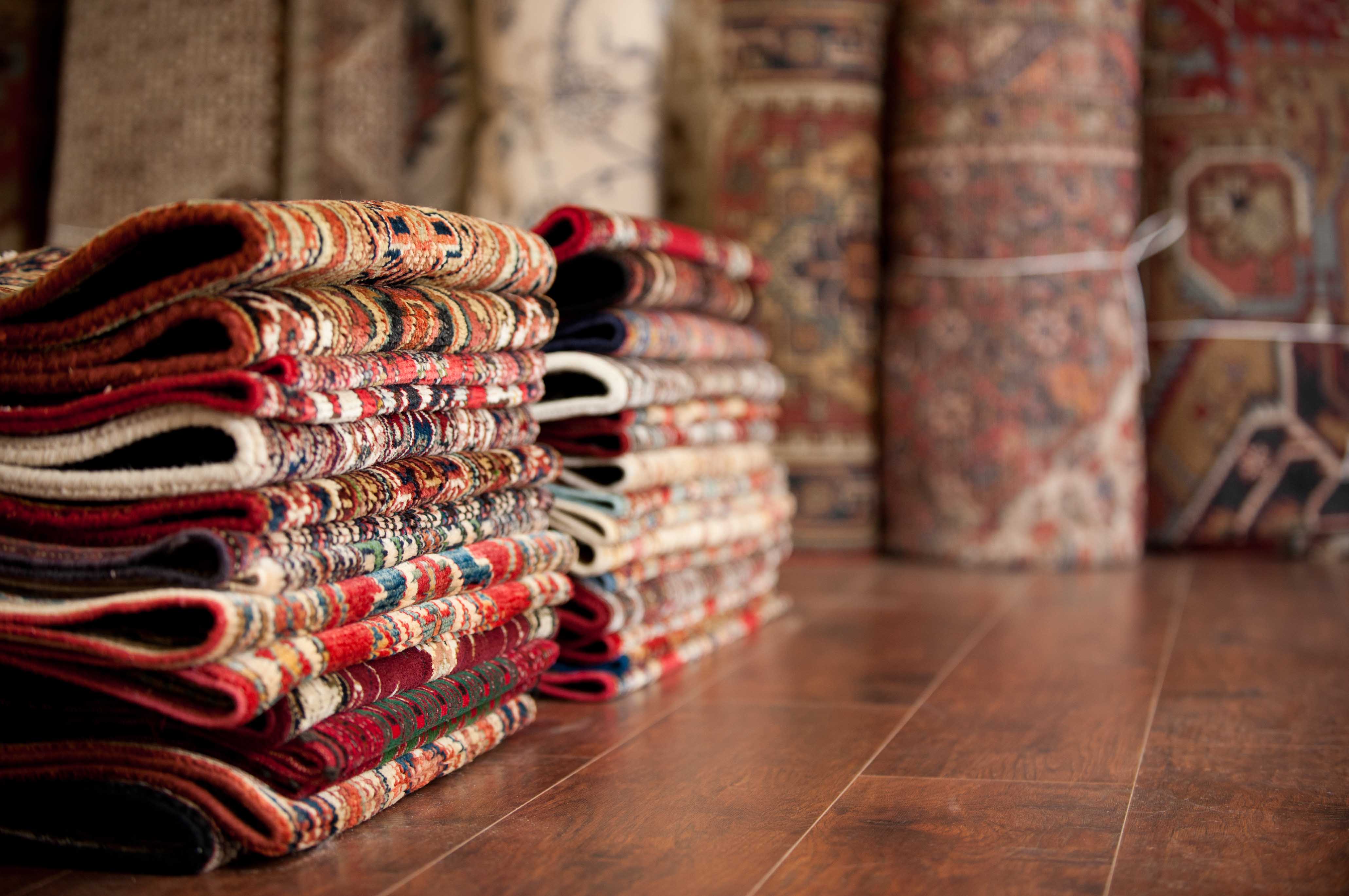
Even if a rug or carpet you're eyeing doesn't look old or stained, there's a chance that it could contain mold, mildew or allergens that might not necessarily go away with steam cleaning.
5. Electric Appliances
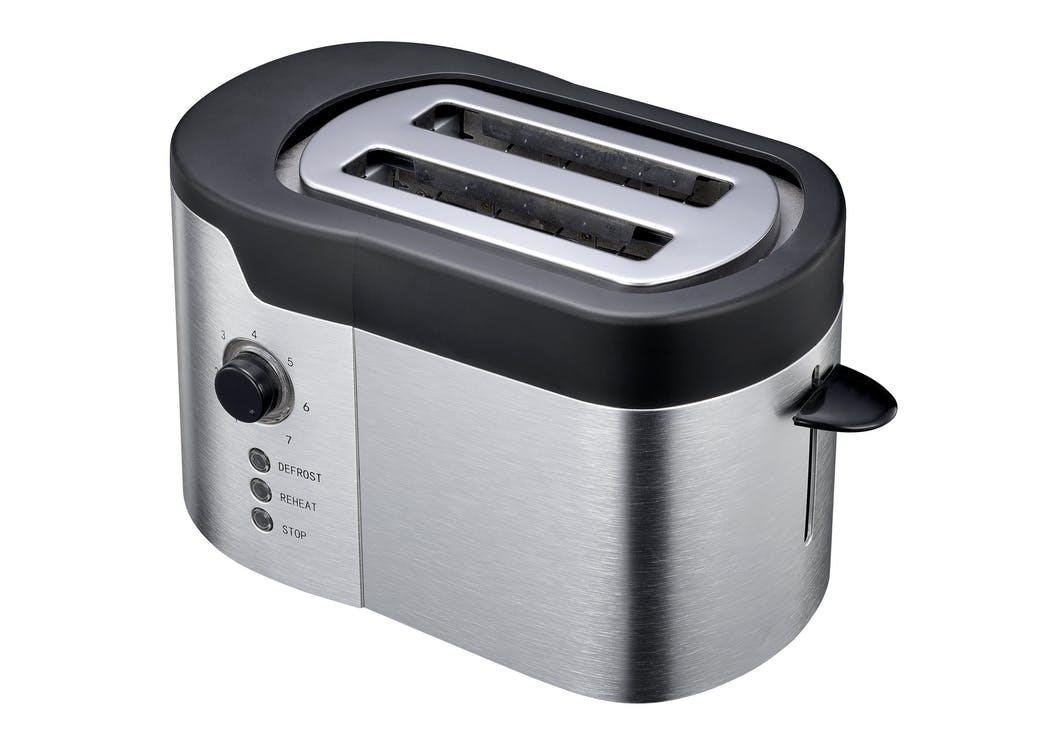
If you can't test it in store, and there is no return policy, then don't bring old kitchen appliances or electronics home. Pre-owned electric appliances can have hidden faults, which means you'll be looking for a replacement sooner than you'd like.
6. Car Seats
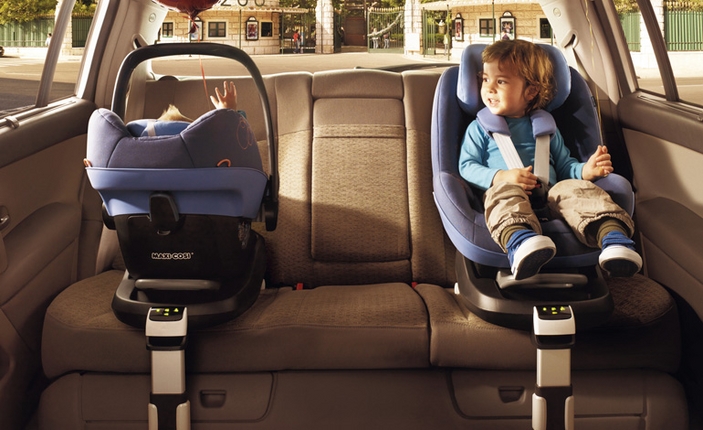
A child's safety is of utmost importance, so a parent can never be too careful when purchasing essentials like cribs, strollers and car seats. Safety standards for car seats and booster seats change often which means that there is a high chance a secondhand one doesn't meet the minimum safety requirements.
If you do decide to buy a used seat, make sure you do some research on the brand and model to ensure that it wasn't part of a recall.
7. Old Kitchenware and Dishware
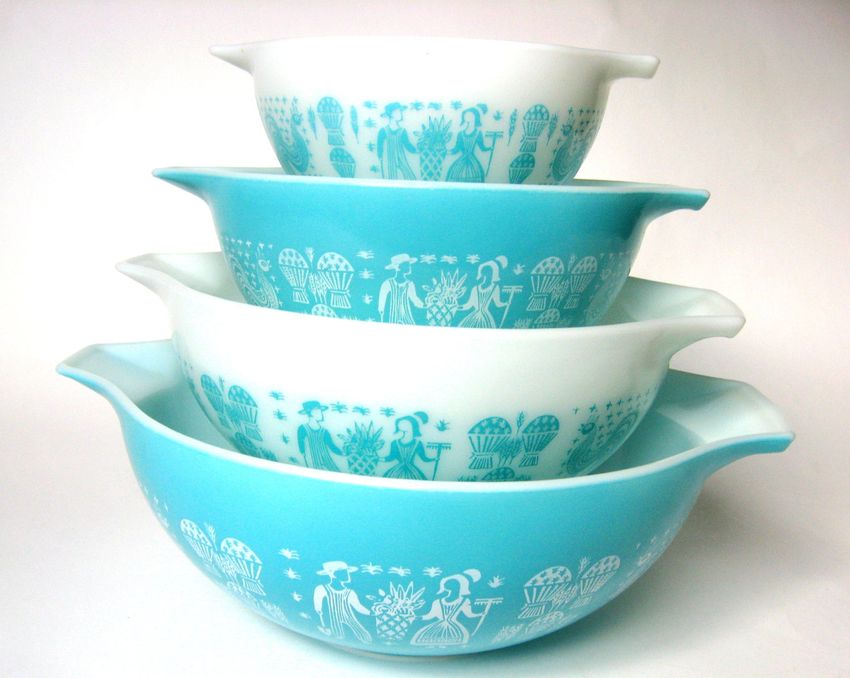
Vintage dishware and cookware can look pretty and some may even be worth a fortune, but they could also contain high traces of lead and other substances, like uranium oxide, than can cause health complications and even death.
The FDA urges people to exercise caution when purchasing old dishes, especially if they show signs of "signs of deterioration such as cracking or pitting of the glaze. This could be a sign that the glaze is disintegrating and could allow lead to leach into food."
9. Helmets

Don't risk your safety just to save a few bucks. Just like cribs and car seats, protective head gear can only handle one major impact before they're compromised. Since you don't know the history of the used helmet, it's best to leave it on the shelf.
11. Underwear
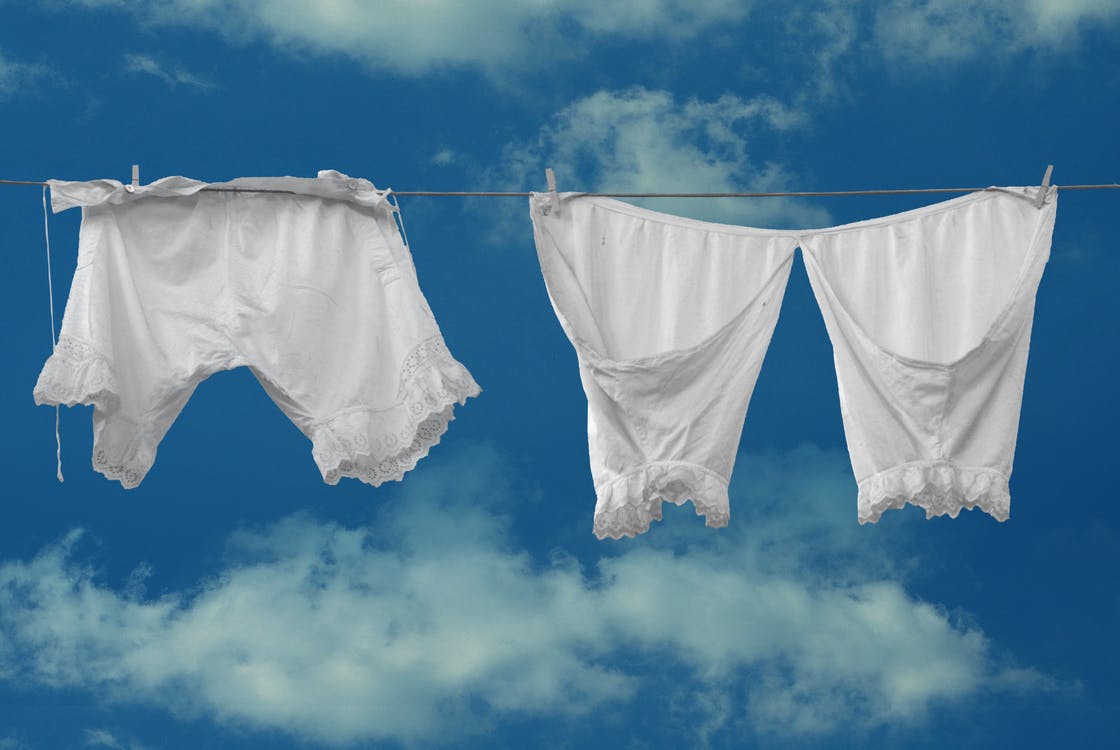
Unless the tags are still on and you're sure they have never been worn, intimates like underwear and bras, should NEVER be bought secondhand.
12. Rain Gear
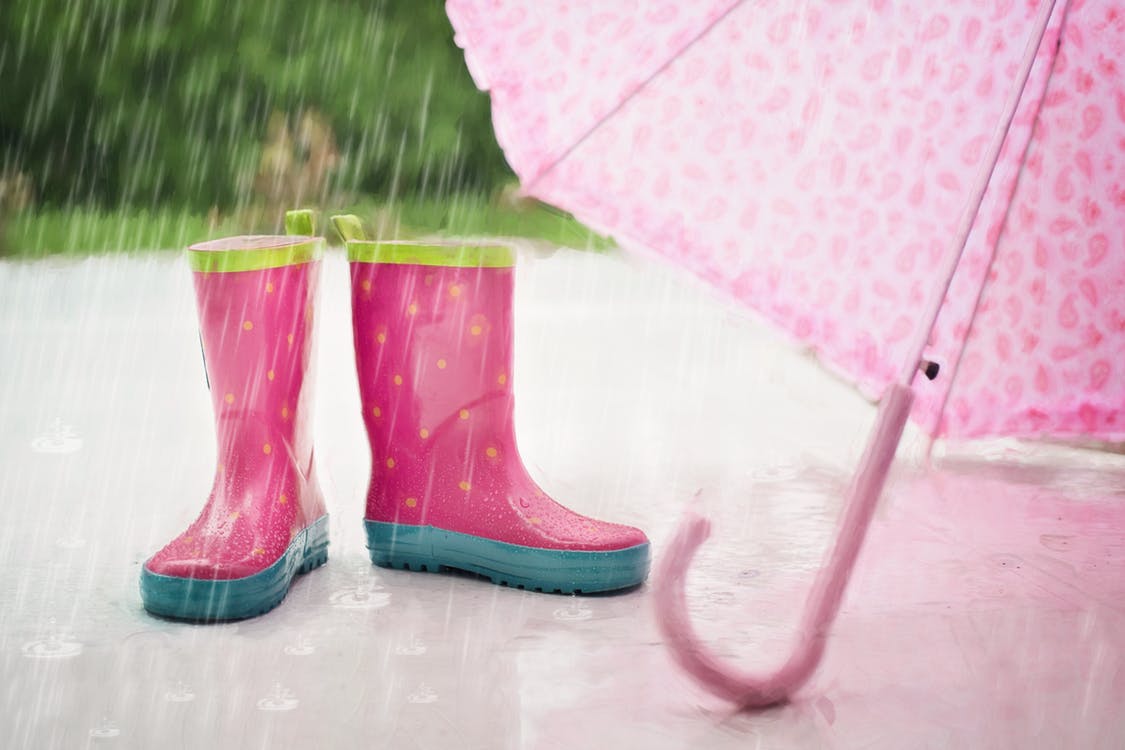
Rain gear, including boots and jackets, tend to lose their waterproof coating after years of wear and multiple washes. While you might find these items at a bargain price, you're not really getting much of a deal when you realize that they would need to be replaced after a short period of time.
Have you ever bought any of these items from a thrift store?
